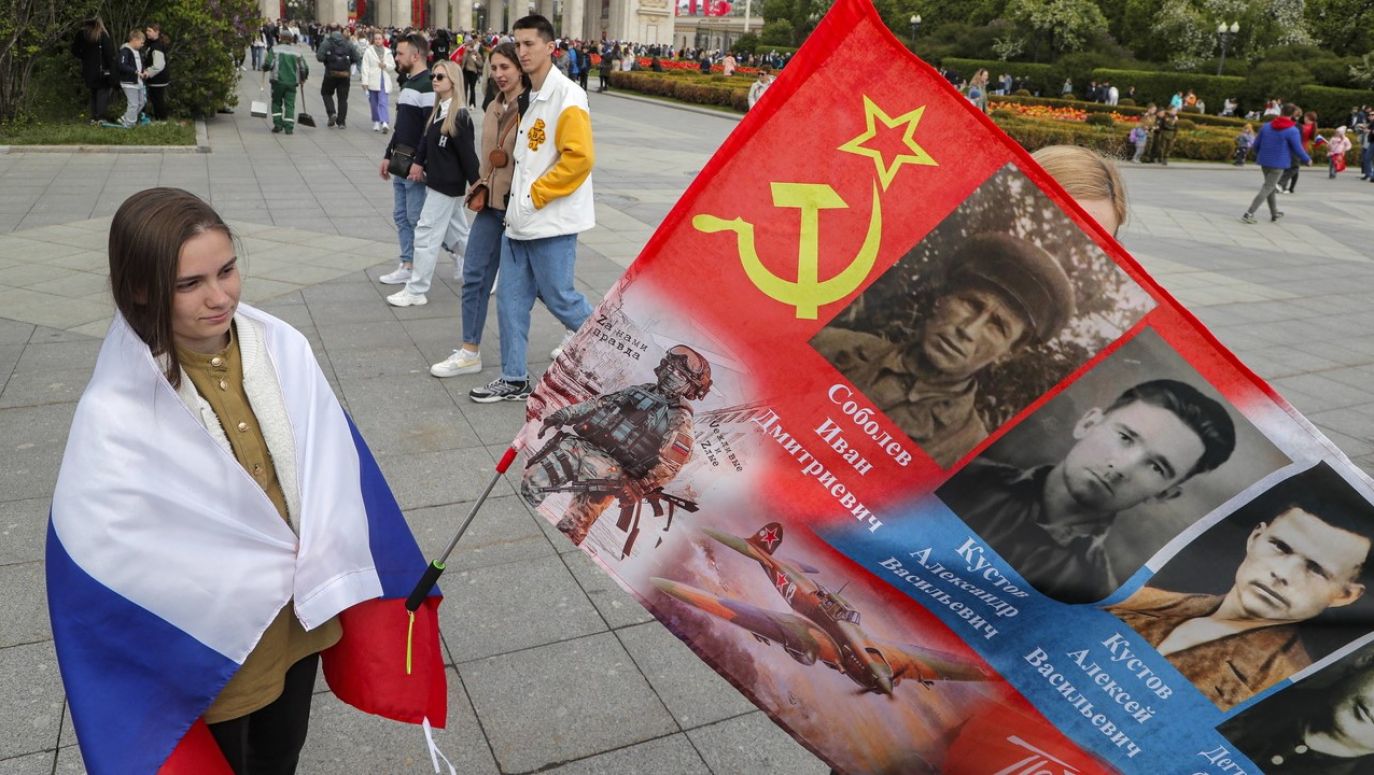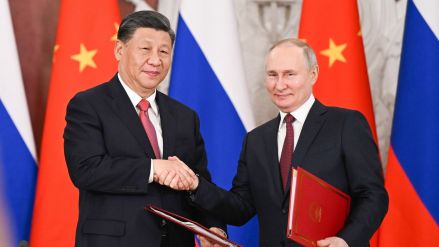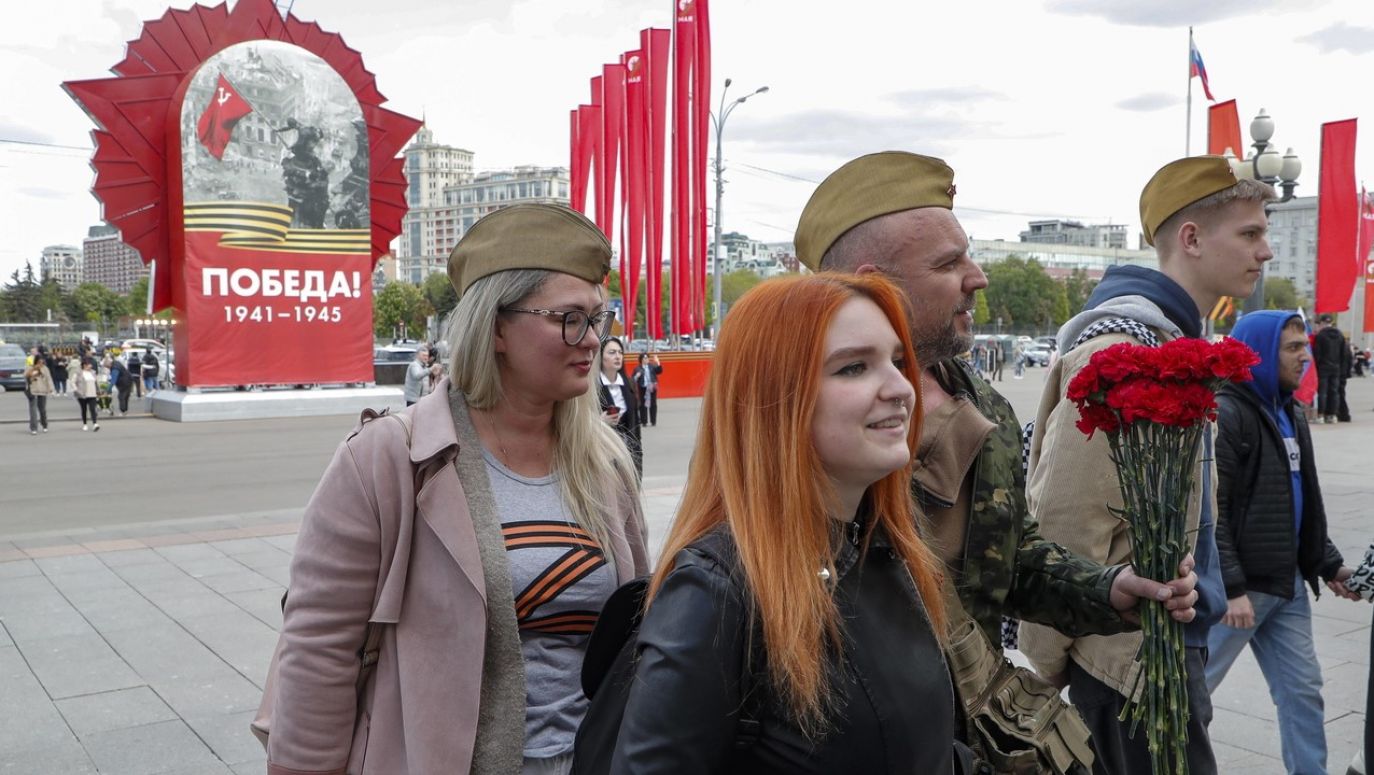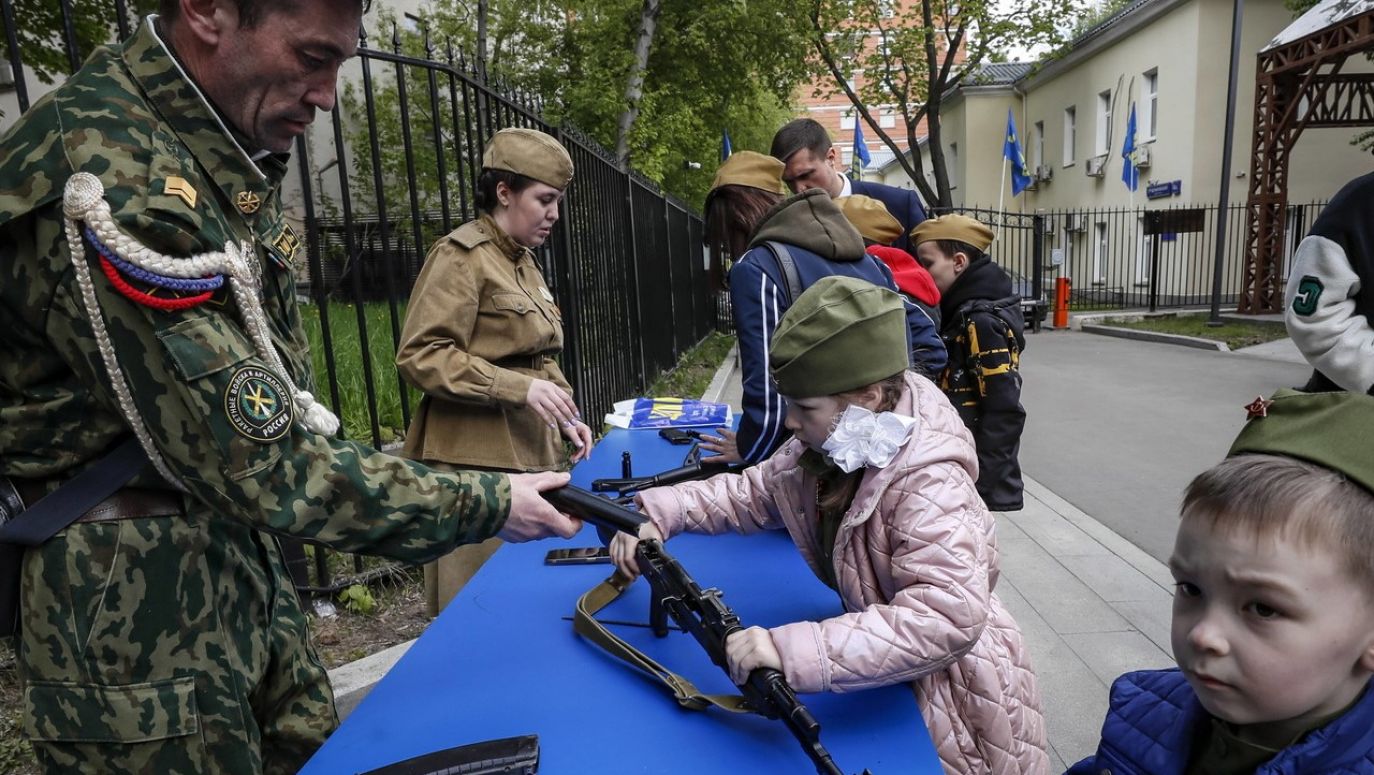You know the Russians, you have talked to them. Do you feel that lying is part of their social culture?
I think the most frustrating thing I found in writing the book is that - I mentioned it a couple of times in the book, but it happened so many times - there were whole conversations that didn't make it into the book because they were just going around in circles, where someone said that we're going to kill Ukrainians to save Ukraine. We're going to save them from themselves by killing them. And I said, well, that doesn't make sense. You could save them with money, with political support. Russia has managed to interfere in Ukrainian politics for so long and essentially control Ukraine. Today, you could do the same thing, right? You could use energy resources and basically show them how they could take control of Ukraine without killing Ukrainians. And even then, they still said, no, we have to do it, we have to kill them. I said, well, you say you're a Christian, you say you're Orthodox, you say you're a good person. Doesn't killing people make you a bad person? They said, no, we're the good people. You're the people who are committing genocide. And so it goes on and on and on, and it's like talking to people who are in a cult.
And I'm sure the way I explain it to people is that everybody in the last three or four years has talked to somebody who's been sucked into weird Internet conspiracy theories about vaccines or COVID--these hidden truths. It's just crazy stuff that doesn't make sense. And if something like this can happen to people who live in the West, who have access to good education, who have access to good and free news media. Then think about how hard it is in Russia, where you're constantly surrounded by propaganda, lies, and distorted realities, first of all, to accept that there is another truth and that you have been wrong all your life if you see it at all. And b. And that's what worries me so much about what the state is doing with the power of social media and the reach of its social media. You may just never realize that these alternative truths exist. Because when you're inside the cult, our truths, our reality that is real and that is true, look like a crazy conspiracy theory to you. And so a lot of my conversations with people were along the lines of, hello, I'm writing this book. - OK, You look interesting. - I want to write about the things you said. And they immediately said, No, you're a Western propagandist, you're going to lie. And that was the end.
What will be the future of the so poisoned society?
I mentioned that there is no such thing as cultural determinism. We can reconstruct cultures, and cultures are constructed. There is no reason why Russians must have these values. There are quite a number of Russians who do not hold these values, and they are the starting point for us. These are the people we need to reach, to whom we need to give money and support. We need to build alternative forms of Russianness in the social networks. We can do it, but we have to take it seriously. Of course, the top priority right now is to win the war in Ukraine and stop Russia's physical violence. But the problem is not going to go away tomorrow with the end of the Putin regime, because this is a culture where people either accept violence or perpetrate violence themselves. And the large number of apathetic Russians is a problem because those who turn a blind eye and pretend nothing is happening are allowing the violence to happen. Or? They are not resisting the violence.
Do you feel that we are beginning to live on a different planet? In Poland or in Canada the desired values are non-violence, tolerance and peace. And here we have a country with a completely different bloodstream.
So, these are the people we have to reach out to, and we have to start doing that. You mentioned Canada, and Canada is a good example of why we should take this issue more seriously. Because Canada is a country that values peace, that values its role in creating norms for peacekeeping, particularly in the context of the United Nations. Let us remember, for example, Rwanda, where Canada played a leading role in supporting peacekeeping. And today, Canada is spending some money to defend Ukraine. We are taking in some refugees, but what are we doing to stop the problems in Russia before they get worse? Almost nothing. We do not spend money on that. I have never heard this discussed in parliament. The politicians are not interested in it, and I would say the public is not interested in it, because they think the problem is Ukraine. And, of course, the problem today is Ukraine. But as I explained, there will be more violence when the war in Ukraine is over. It could be internal violence in Russia, or it could be violence from outside. It could be directed against Moldova, it could be directed against the Baltic countries, it could be directed against Poland, it could be directed against northern Kazakhstan, recently referred to as traditionally Russian territory.
There is no logic to it. We do not know where it will happen. But if Russia does not change direction, it must inevitably happen. And we have to face that. We can not just bury our heads in the sand and pretend that the problem will solve itself. And I am a humanist, I care about people. And despite everything, I also care about Russia and the Russians. And I also do not want to see a Russia that collapses in a violent civil war where ethnic minorities and homosexuals are killed, because that's the next internal war, right? We should be out there saving lives and helping people as best we can, and we can.
– interviewed by Cezary Korycki
TVP WEEKLY. Editorial team and jornalists
Ian Garner is a historian focusing on Soviet and Russian war propaganda. The author of “Stalingrad Lives: Stories of Combat and Survival” and "Z Generation: Into the Heart of Russia's Fascist Youth" he studied at the Universities of Bristol and Toronto, and at the St. Petersburg State Conservatory.
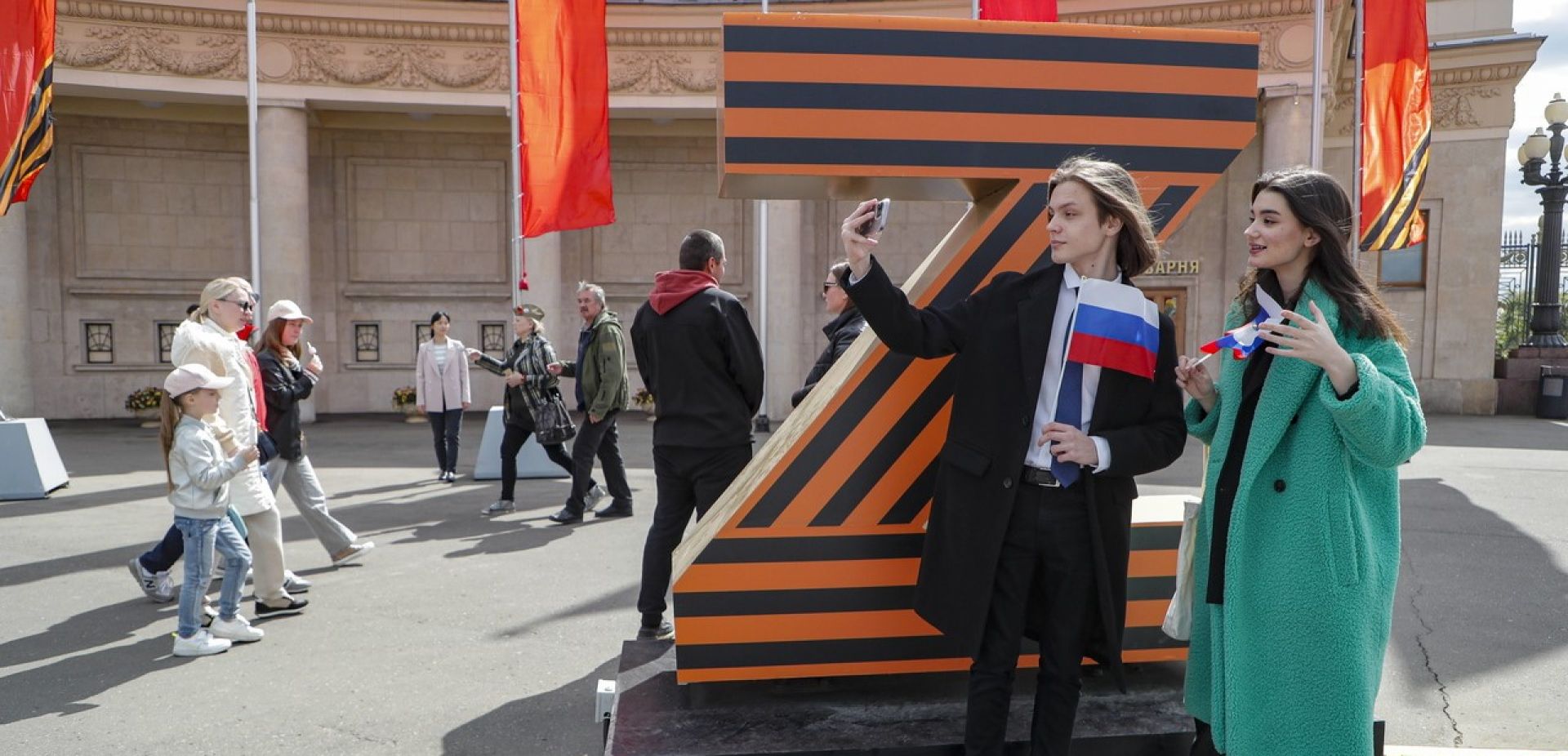
 SIGN UP TO OUR PAGE
SIGN UP TO OUR PAGE
 Does Putin give this hope?
Does Putin give this hope? 